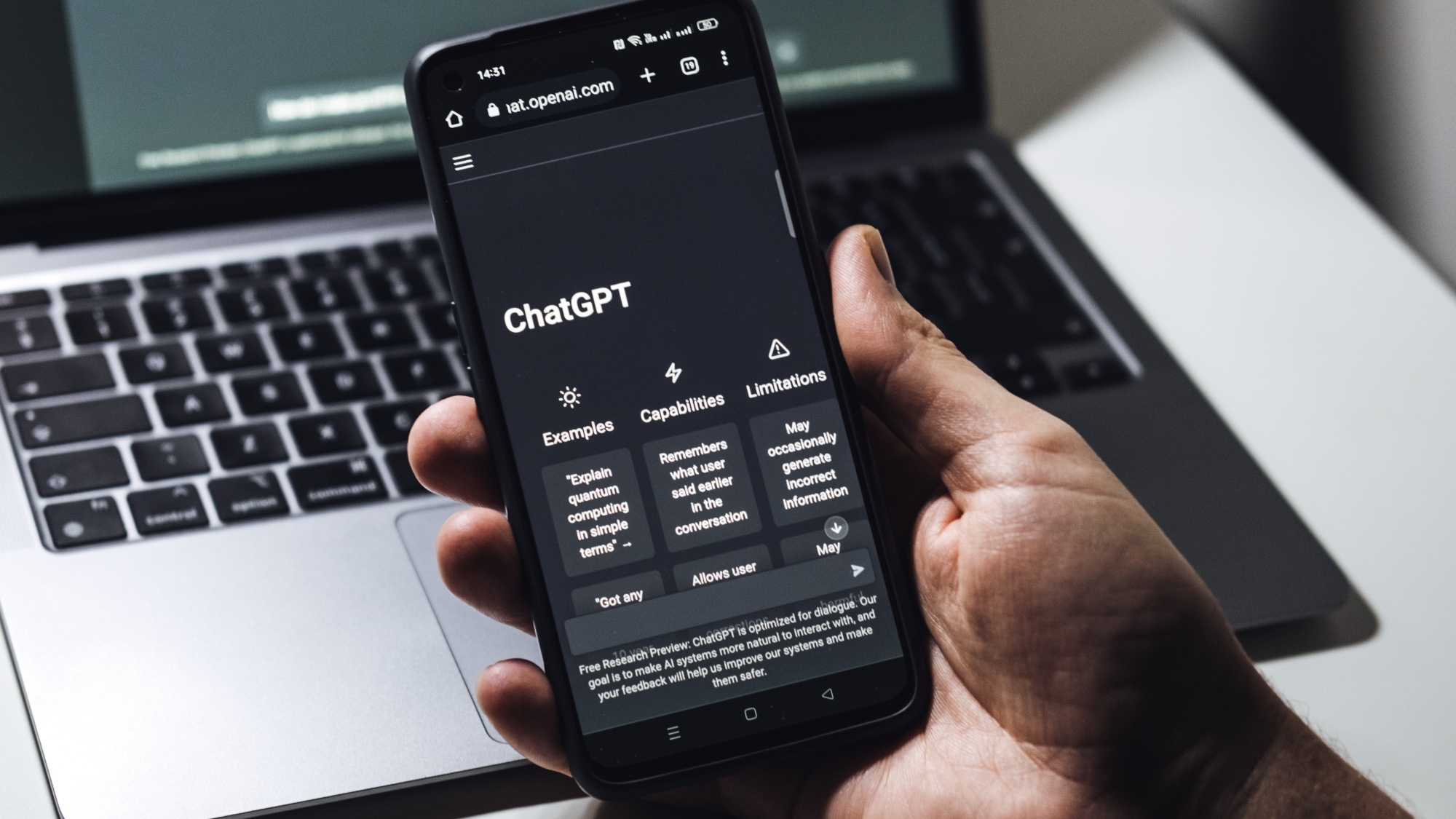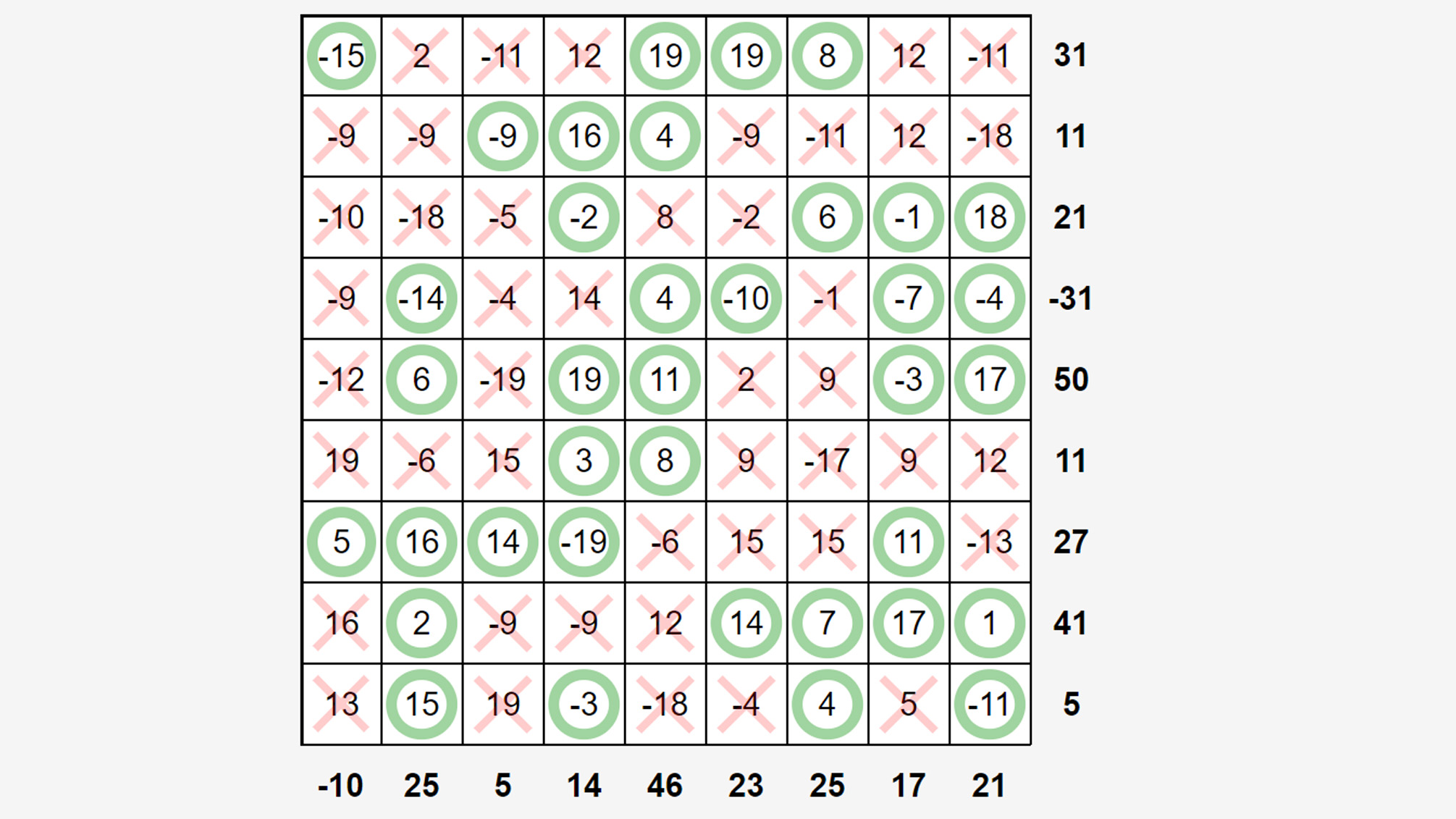ChatGPT takes on Wordle: AI invents addictive free game you can play right now
Watch out Wordle, ChatGPT is coming

ChatGPT is revolutionizing the way we use the internet, and now its coming for our games. While the chatbot can't exactly play “I spy” with you — it can come up with a fiendishly difficult new puzzle game that could finally knock Wordle away from your phone screen.
One user has now created a website for possibly the first ever ChatGPT-created game. The Puzzled Penguin Substack page shows the game, called “Sumplete," created by user Daniel Tait, and you can play it now.

Tait got the AI to generate the game using the prompt: “can you invent a logic puzzle similar to Sudoku that doesn’t currently exist” and the result is surprisingly competent, if slightly uninspired. What’s more, Tait even got ChatGPT to create a playable version using HTML and Javascript.
While Sumplete doesn’t exactly offer Red Dead Redemption 2 levels of gameplay, it is a surprisingly playable twist on Sudoku and shows AI could one day be a genuine tool for game developers.
Playing games with ChatGPT (spoiler: it cheats)
Wordle was created out of love as a simple word game for its creator’s significant other to enjoy.
I tried to beat it using cold, emotionless AI.
First off, I wanted to see what we were working with. So I challenged the new Bing with ChatGPT to play a variety of games with me. The results were mixed.
Get instant access to breaking news, the hottest reviews, great deals and helpful tips.
I asked it to play Wordle and it claimed after my first guess the word did not contain the letter “C." This wasn't right because the word turned out to be “Coach."
Similarly, I triumphantly defeated the AI at tic-tac-toe but it just stuck its fingers in its ears and carried on playing.
Making my own game with ChatGPT
Even with its brand-new creative tone option, Bing’s responses were lacking in creativity when asked to invent games. So I moved to OpenAI’s own version of ChatGPT and had more luck.
Even using the same prompt as Daniel Tait, I was given a different game. The AI created a Sudoku clone called "Hexa-words" which it described as follows:
“Hexa-words is a logic puzzle played on a 6x6 grid, where the objective is to fill every cell with a letter from A to F, such that each row and column contains all six letters exactly once. Additionally, there are six shaded cells in the grid that form a hexagon shape. These cells must contain a six-letter word, with each letter coming from the corresponding row or column. The same letter cannot be used twice within a single word, and no two words may overlap in more than one letter.”
This is a novel idea. However, the example it generated for me was flawed. The six-letter word it generated in a hexagon was “FACEBD," which is not a real word.
It had similar issues when asked to create word-based games. If it didn’t just flat-out replicate Wordle, it again showed errors. It created an anagram-based game, giving me the prompt “KNOWLEDGEBANK” with the idea to be to find the longest possible word from the prompt, when I asked for the answer it replied “Walkedon," again not a word in the English language. After correcting it, the AI admitted it had made a mistake and said the largest anagram possible was in fact “Knowledge.” Hardly a challenge.
My best results came when asking the AI to create a game based on a word search. It came up with “Around the world” a word search based around the countries of the world, that when solved created a message, “PACK YOUR BAGS AND EXPLORE”. This was fine, but it is not going to challenge the genius of Wordle or even Sumplete. It seems the likes of Sony, Microsoft, and Nintendo are safe for now.
More from Tom's Guide
- ChatGPT explained: what is it and why is it important?
- Billions of PCs and other devices vulnerable to newly discovered TPM 2.0 flaws
- What is Google Bard? Everything you need to know about ChatGPT rival
Andy is a freelance writer with a passion for streaming and VPNs. Based in the U.K., he originally cut his teeth at Tom's Guide as a Trainee Writer before moving to cover all things tech and streaming at T3. Outside of work, his passions are movies, football (soccer) and Formula 1. He is also something of an amateur screenwriter having studied creative writing at university.
 Club Benefits
Club Benefits





